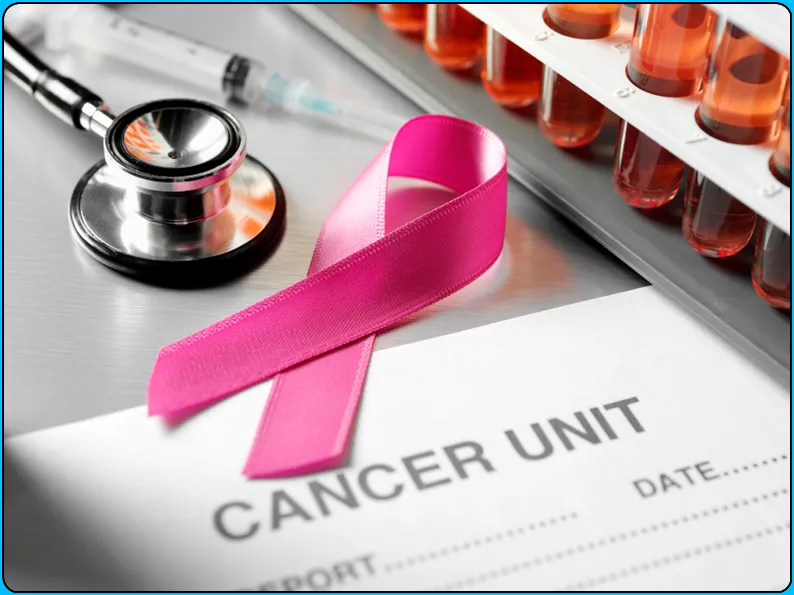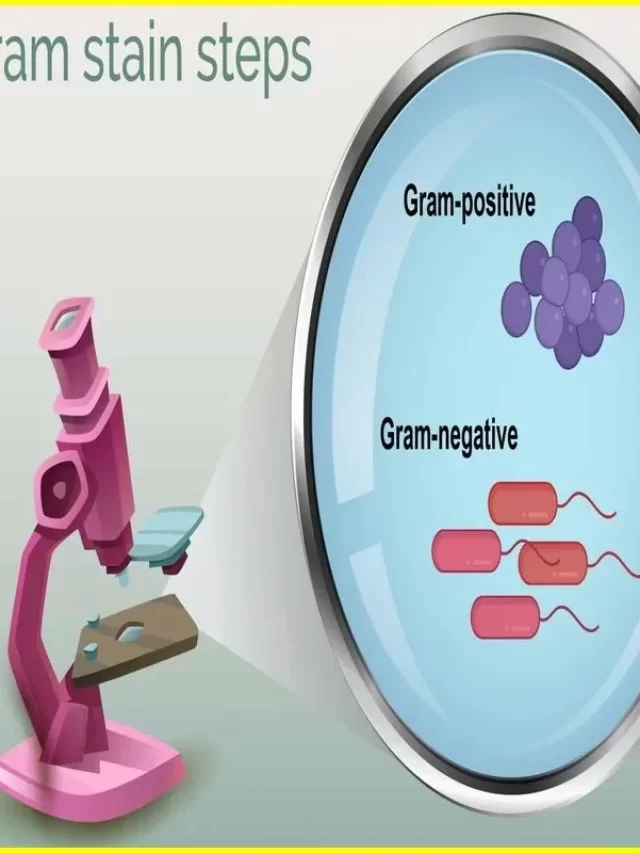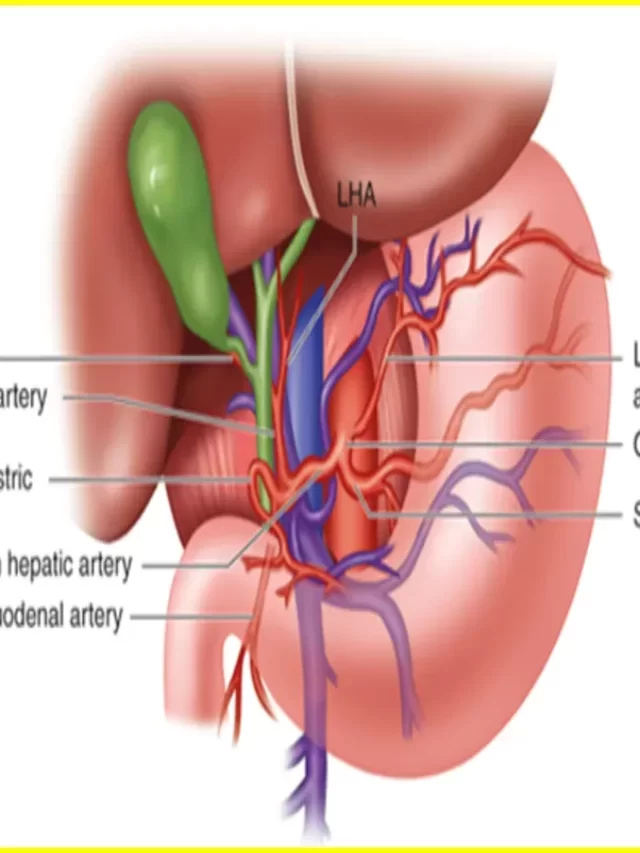National Cancer Survivors Day 2022
World-leading experts from the Institute of Cancer Research (ICR), London and the Royal Marsden NHS Foundation Trust said cutting-edge research would mean more people would be cured while others would live longer.
Cancer scientists are increasingly conducting research into what they describe as the ‘cancer ecosystem’.
It is a very complex system that allows cancer cells to grow and is made up of cancer cells, the immune system, and the molecules, cells, and structures that surround tumors and help them grow.
Experts at the Institute of Cancer Research and Royal Marsden believe that by using a range of methods of attack, they can destroy cancer cells, enhance the body’s ability to fight it off and help healthy cells avoid cancer. Cutting down methods can make great strides in areas like these.
It is hoped to break the cancer cells’ ability to instruct other cells in the body to come and support the tumour. For example, cancer cells currently colonize areas such as the bone marrow and are known as ‘slave cells’. send signals to tell cancer cells to ‘nest’ in other parts of the body to set up home. National Cancer Survivors Day 2022, National Cancer Survivors Day 2022, National Cancer Survivors Day 2022
Certainly inhibiting these systems would help stop the cancer from spreading.
Other areas of development include combining existing treatments for better effects and using immunotherapy to help the body’s own immune system fight cancer.

‘We recognize the fact that a cancer lump in a patient is much more than a ball of cancer cells,’ Kevin Harrington, Professor of Biological Cancer Therapeutics at the Institute of Cancer Research and Consultant at Royal Marsden, told a briefing.
Cancer Survivors Park
It’s a complex ecosystem, and there are elements within that ecosystem that lend themselves to more advanced forms of targeting that present a wealth of opportunities for us to cure more patients and do so with fewer side effects, he added. present a large number.
He says experts are already learning how they can use drugs that don’t directly kill cancer, but instead “stimulate the immune system, boosting the function of cells that attack cancer cells.” are able to attack and keep on blunting or reducing the functions of the cells. Naturally protect cancer cells.
The scientists said this ‘shifts the balance within the cancer ecosystem towards an environment that is more favorable to the anti-cancer effects of our standard treatments and the new treatments we develop’.
One way of research is to use genetically modified viruses to ‘target’ cancer cells and also to talk to the microenvironment, the ecosystem in which cancer finds itself, in order to reject the cancer and treat those cells. A signal can be given to kill the cancer cells,’ says Professor Harrington.
Researchers extend study by looking at microscopic fragments of cancer in the bloodstream with the aim of catching the disease in its earliest stages and helping to inform treatment.
Dr Olivia Rossnice, director of cancer drug discovery at the Institute of Cancer Research, says: ‘Newer, more personalized treatments are helping people with cancer to live longer, but some types of the disease remain very difficult to cure. occurs, and once the cancer has spread it still often remains incurable. Cancer Survivors Park, Cancer Survivors Park, Cancer Survivors Park, Cancer Survivors Park
‘We are already planning to open entirely new lines of attack against cancer, so that we can overcome the deadly ability of cancer to evolve and become resistant to treatment. At the same time, ‘we want to find better targets within the tumor and the wider ecosystem that we can attack with drugs.
‘We are also finding powerful new ways to completely knock out cancer proteins and better combination therapies that attack cancer on multiple fronts. ‘Together, this three-pronged approach could create better, compassionate cancer treatments, and provide patients with longer lives with fewer side effects.’
Launching the joint five-year research strategy, Professor Kristian Helin, Chief Executive of the Institute of Cancer Research, said: ‘We have a really exciting plan to uncover and disrupt the cancer ecosystem, including new immunotherapies , drugs targeting the tissue environment, and clever new anti-growth combination and dosage strategies.
‘Research has been a huge driver of significant improvements in treatment in recent decades, but we believe we can go even further than this and target some cancers by targeting the ecosystems required for their development or by suppressing the immune system. Can end by balancing in favor of the system.
Article About:- Health & fitness
Article About:- Medical Technology
Article About:-Sports
Scientists hope to harness artificial intelligence (AI) to design new ways to combine drugs or cleverly adjust their doses to reduce or slow cancer growth.
They hope to reveal more about how the different types of cells within a tumor team up and work together – potentially opening up new targets for treatment. Professor Harrington said: ‘Immunotherapy has started to revolutionize the treatment of some cancer patients – we are starting to see cures even in people with advanced disease who, until recently, were destined to die from their cancer.
‘But unfortunately, immunotherapy doesn’t work for all patients or all types of cancer, and we need to get much better at predicting whether it will work and increase the effectiveness of treatments.
‘ The researcher says we believe there are huge opportunities to use a combination of immunotherapy and other treatments, such as radiotherapy, to disrupt the cancer ecosystem.
‘He says that we want to tilt the balance in favor of the immune system and make the environment inhospitable to cancer cells and favorable to elements of the immune system that can attack them, so that we can prevent disease within the body. Can make extinct. Cancer Survivors Park, Cancer Survivors Park





